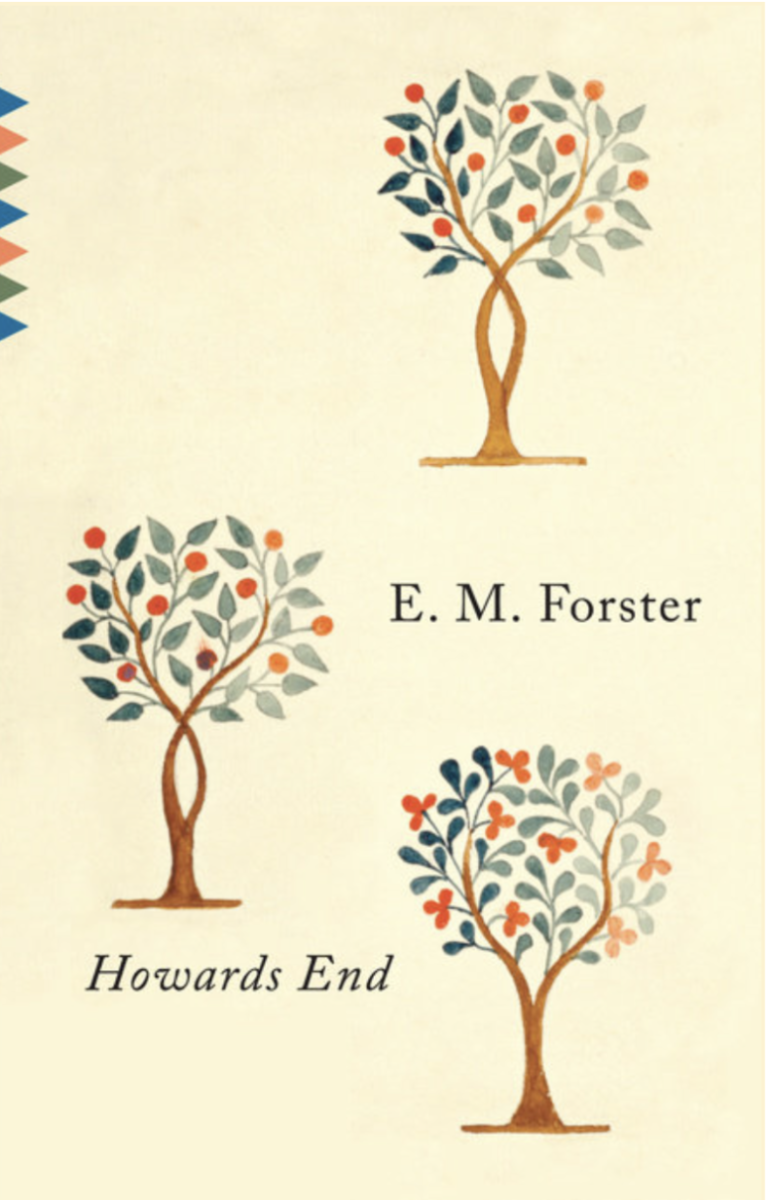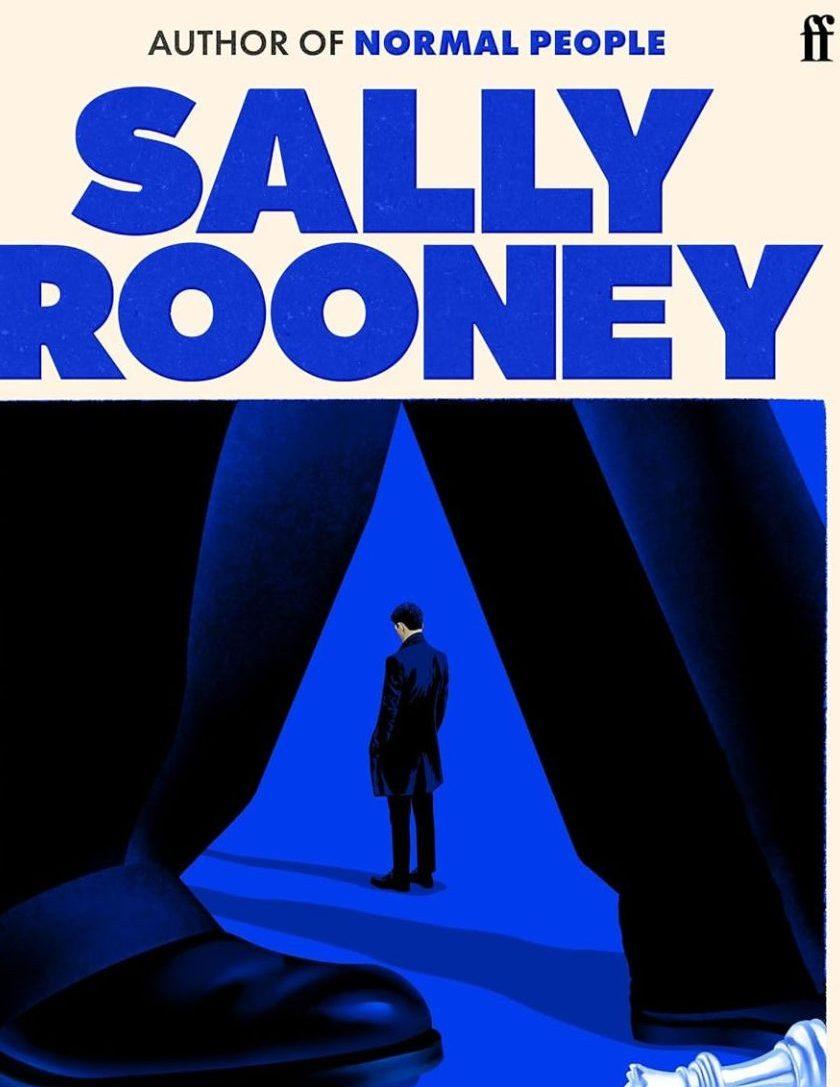It doesn’t take a genius to know which March sister I identify the most with.
(Meg.)
(Just kidding, it’s Jo.)
It hasn’t always been Jo — back when I was a little kid, I identified most with Beth, who played the piano and preferred to stay inside. You can imagine I was devastated when she died.
At some point, things shifted, and now I, along with every other student at Wellesley College, identify so strongly with Jo March that I have Saoirse Ronan’s attic monologue fully memorized. But “Great or Nothing” made me remember that the other March sisters are just as important to the story.
The premise is pretty simple — “Little Women,” but set during World War II, shortly after Beth’s death. Jo works in a factory making planes. Amy goes to London working for the Red Cross. Meg stays at home, teaching at the local high school. All of them are heartbroken.
Each of the sisters’ narratives are written by a different author: Meg’s by Jessica Spotswood; Jo’s by Tess Sharpe; Amy’s by Caroline Tung Richmond; and Beth’s by Joy McCullough, written in verse as she watches her sisters from the beyond.
Meg’s partner, John, is off at war, and she experiences the trials and tribulations of being a young teacher. Jo has just turned down Laurie’s proposal and is coming to terms with the fact that she may never like boys. (Yes, you read that right: Jo is gay in this one.) Amy is alone in London, having lied to her family about where she’s gone and to the Red Cross about her age, but then Laurie, a lieutenant for the US military, shows up in the same town.
And Beth watches all of them as they grieve her and miss each other, unable to be the glue that brings the family together. Her poems were one of the main causes of my tears.
I’m going to be honest: I never loved Meg or Amy until this book. But Spotswood and Richmond have made me think again.
Meg knows what she wants, and she wants a simple life. It took me a while to understand that. But her voice shines in this book; her caring nature is a strength in the end. I loved her scenes with John because you can tell how much they’re in love with each other, but I also adored her scenes with Dorothy, a girl she teaches who is also grieving.
Amy’s arc made so much sense — impulsively joining the Red Cross to prove herself is exactly what Amy March would do. Her character growth, of all of them, might have been the most captivating for me: learning that she’s not second to her older sisters, and learning about her white privilege. I believe Richmond is the only BIPOC author among this group, and I think she did a great job addressing the anti-Japanese racism after Pearl Harbor.
But at the end of the day, it’s Jo who I love the most. She’s stubborn and a little arrogant and refuses to talk to her family. She is trying to work hard at her job and is pissed off that women aren’t being properly acknowledged by society. She misses Beth fiercely, the grief carrying her through her work. And then she meets a girl, a writer like her, and it changes everything.
I mean, how can you not love that?
The overarching themes of the novel are love and grief. All of the sisters miss each other dearly, and Beth most of all. Time and time again, you’re reminded that the March sisters’ dynamic is what makes them them, and when they’ve gone their separate ways, it’s like there’s a massive hole in their hearts.
My siblings are kind of like my own Amy and Beth (except they’re alive lol), so it’s no surprise that I love “Little Women” with my whole heart. Reading this book is a reminder to me that I sure don’t like existing without them.
Needless to say, I will be shoving “Great or Nothing” in everyone’s face when it comes out on March 8, 2022, International Women’s Day. Many thanks to Delacorte Press for allowing me to read and review this book early; I am obsessed.







